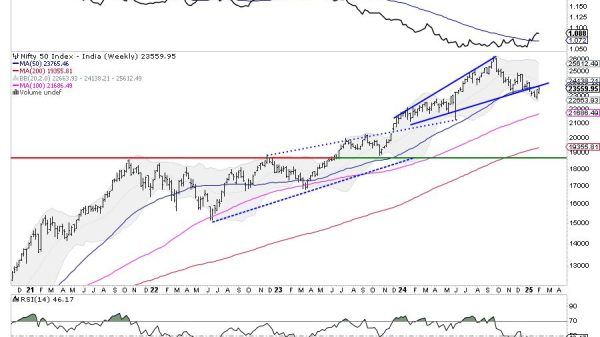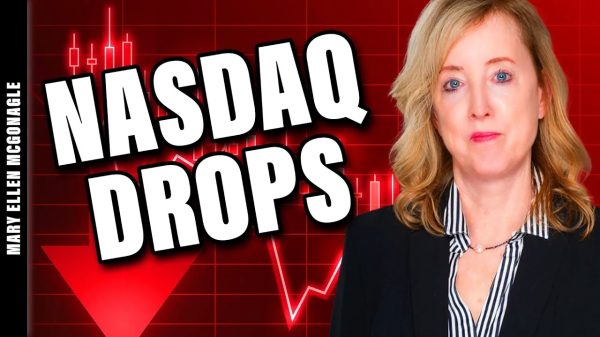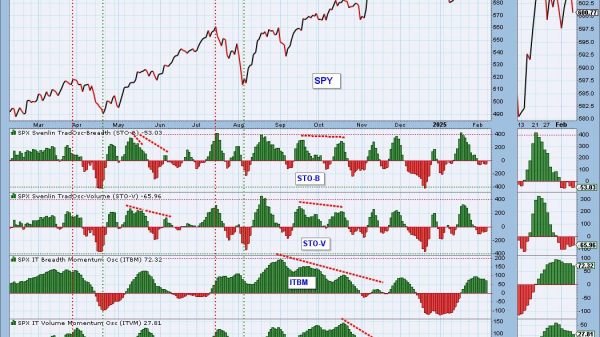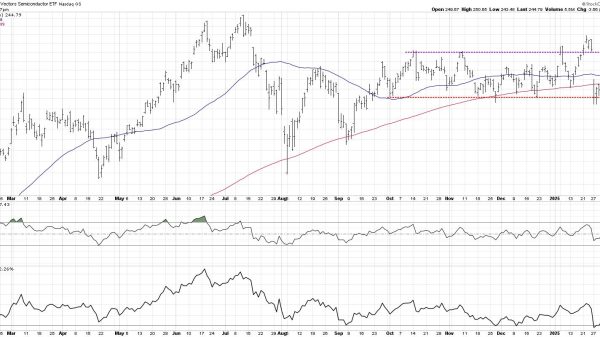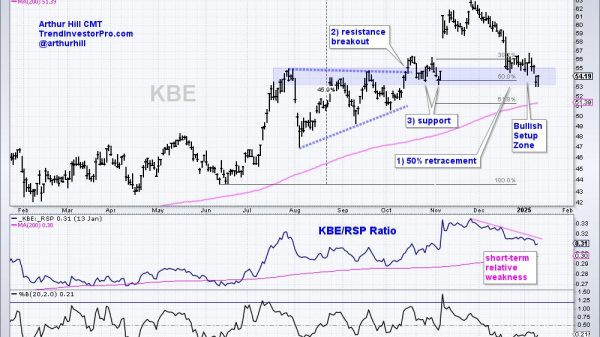The U.S. had its credit rating downgraded by ratings agency Fitch on Tuesday.
What does that mean for the average taxpayer and consumer?
In the immediate term, not much will change for them, economists say.
“For most consumers, it’s a nonevent,” said Gus Faucher, senior vice president and chief economist at PNC Financial Services Group.
Following the Fitch downgrade Tuesday, the cost to the U.S. to borrow money, reflected in the cost to purchase a Treasury note that pays back in 10 years, had increased slightly, but not significantly: less than .1%.
For consumers, U.S. borrowing costs are most closely tied to 30-year mortgage rates. Those have already climbed to multi-decade highs this year to around 7% — but Faucher said the muted investor reaction to the downgrade news would likely mean mortgage rates aren’t affected much either.
Instead, economists say, the credit downgrade represents a warning to taxpayers about the U.S. government’s medium- and long-term fiscal health.
In its downgrade notice, in which the agency changed the U.S. credit rating from AAA to AA+, Fitch pointed to repeated fights in the U.S. Congress over raising the debt ceiling. Those conflicts — usually a consequence of Republicans’ and Democrats’ failure to see eye to eye on budgetary and other legislative issues — have increased the risk of a U.S. government default.
Most investors are already fully aware of the risks that political wrangling over the debt ceiling has posed to U.S. borrowing and, for now, are discounting the risk that the government will be unable to pay what it owes, Faucher said.
Relative to almost any other government in the world, it’s still a safe bet to lean on Treasurys and get paid back, he said.
“[They] remain the gold standard for securities, and Fitch doesn’t know anything more than what everyone else knows,” Faucher said.
Another analyst, Joachim Klement, head of strategy, accounting and sustainability at the investment bank Liberum Capital, wrote in a note to clients Wednesday that the downgrade represents a “tempest in a teapot,” and said there’s no alternative to Treasurys in global bond markets.
“Nor is there any material default risk in the coming decade, in our view,” Klement said.
But wait — isn’t the U.S. borrowing a ton of money and running huge fiscal deficits?
Yes. And while the Fitch downgrade has not immediately changed the minds of investors about how much risk they need to consider when lending to the U.S. government, it is a signpost that the U.S. must get its fiscal house in order, said Chester S. Spatt, professor of finance at Carnegie Mellon University and a former economist for the Securities and Exchange Commission.
‘The U.S. does have significant fiscal problems, but most politicians are not wiling to say so because it’s not attractive to get votes,’ Spatt said. ‘That’s the environment Fitch is commenting on.’
At some point down the road, U.S. lawmakers will either have to raise taxes and/or cut spending so the U.S. can pay its obligations, he added.
‘I don’t think it was inappropriate to raise questions here,’ Spatt said. ‘Not to say that the U.S. Treasurys are a bad asset, or that we won’t be able to repay our debt. But I do think the challenges here are a good justification for the downgrade.’






